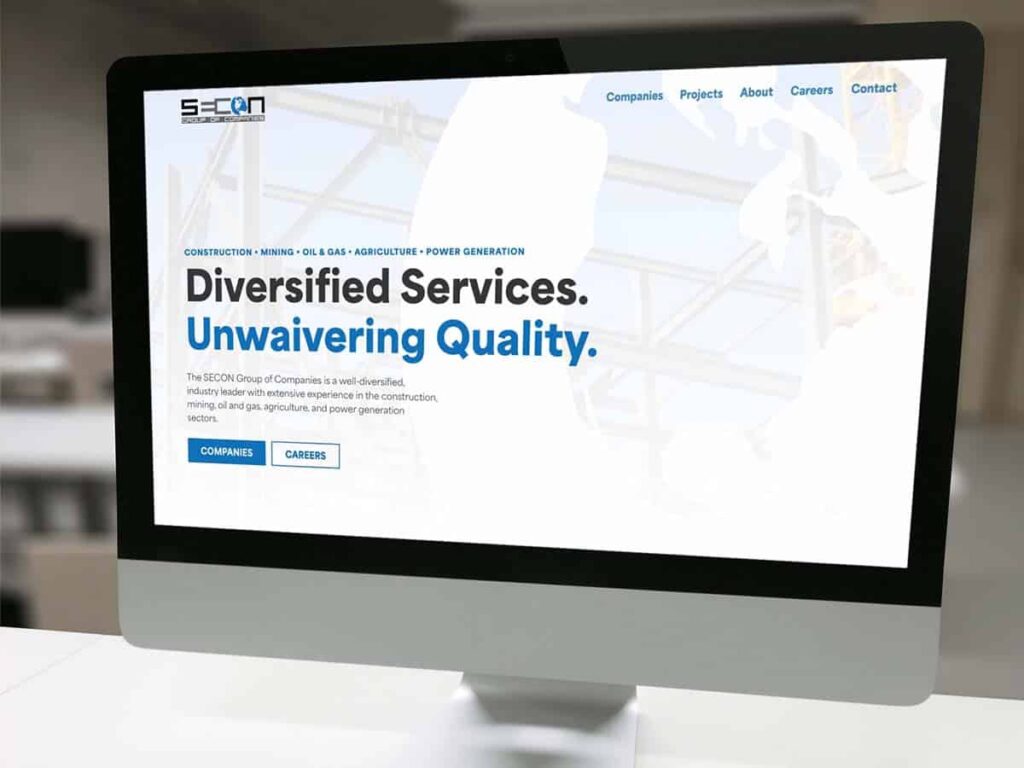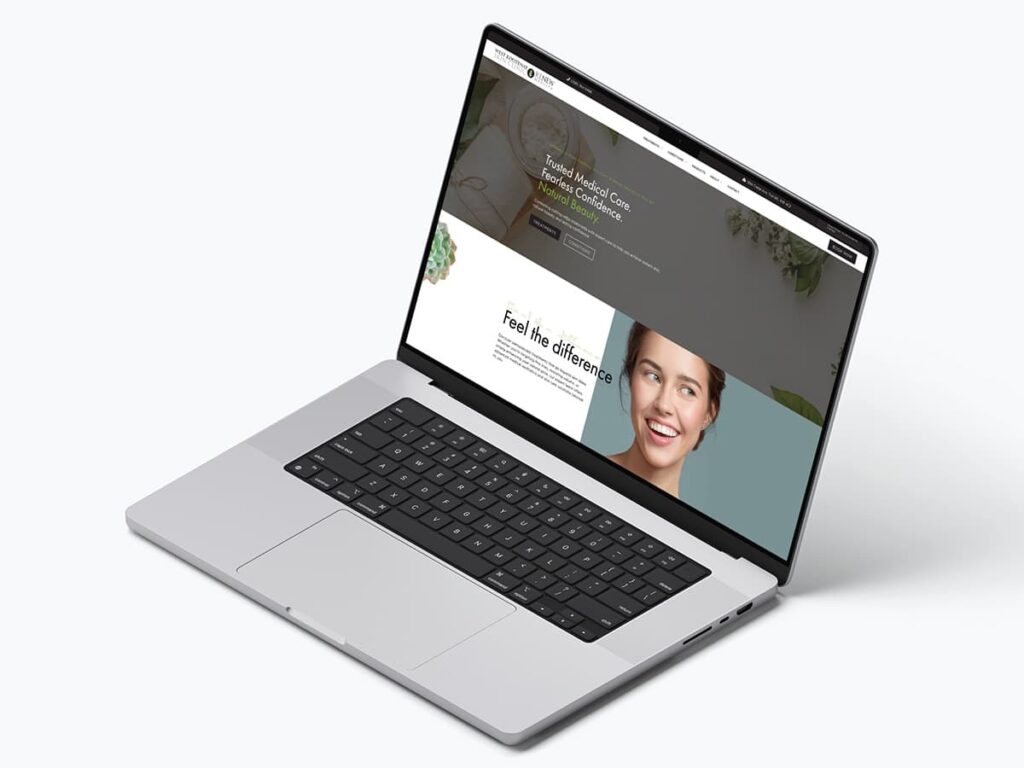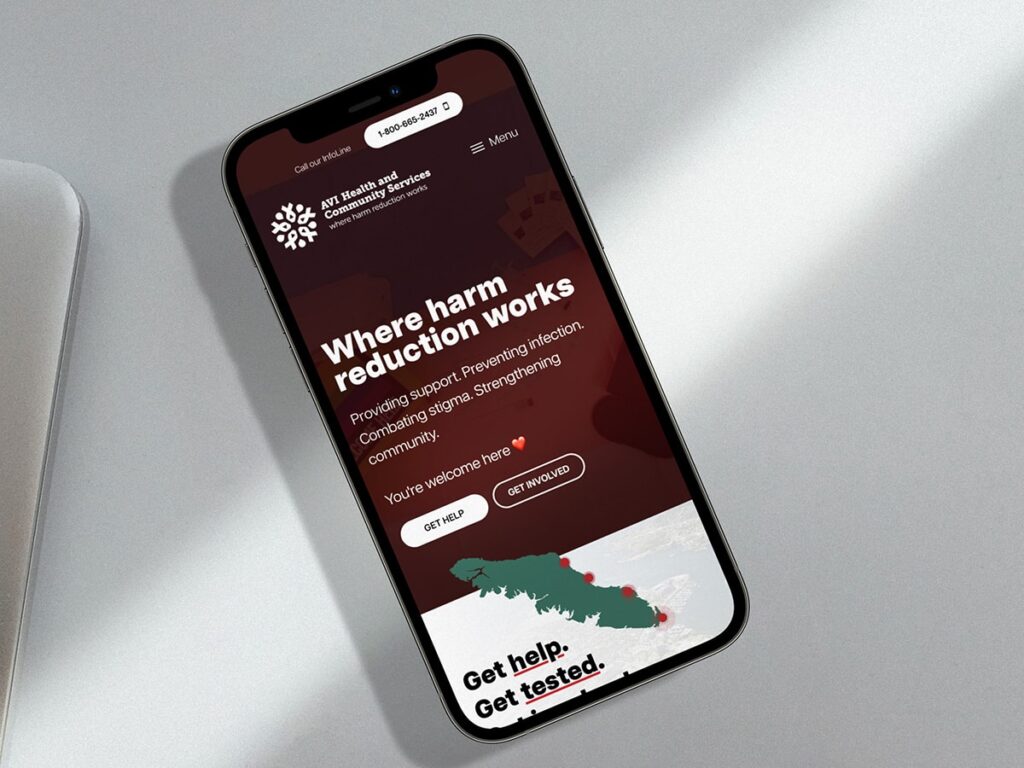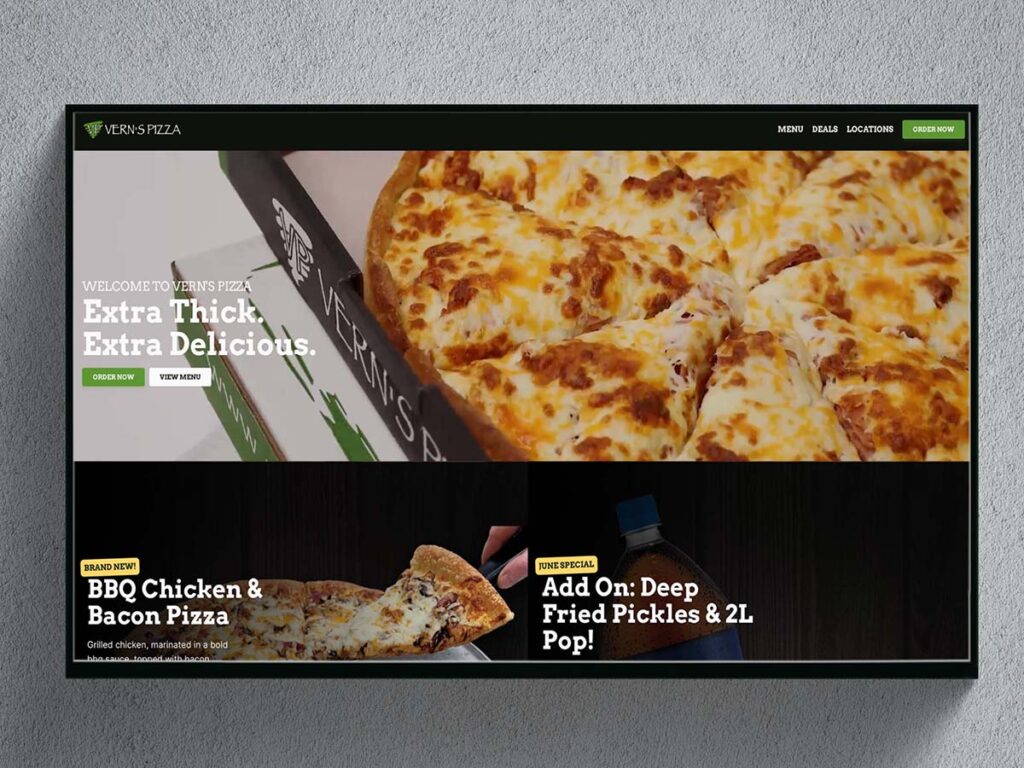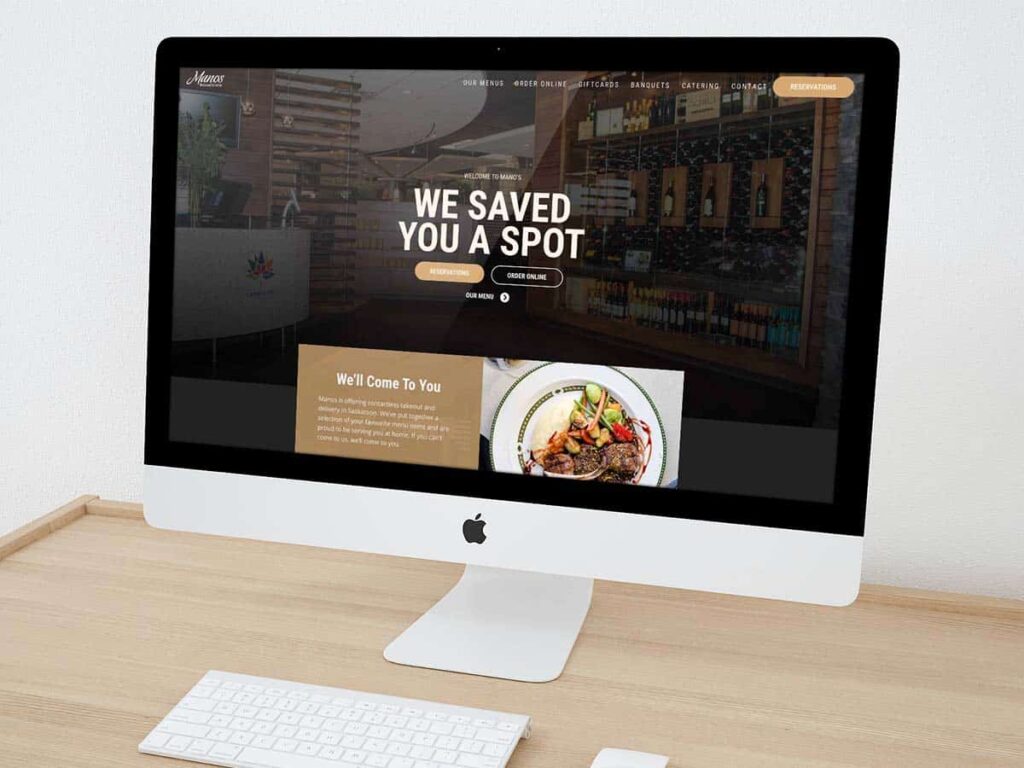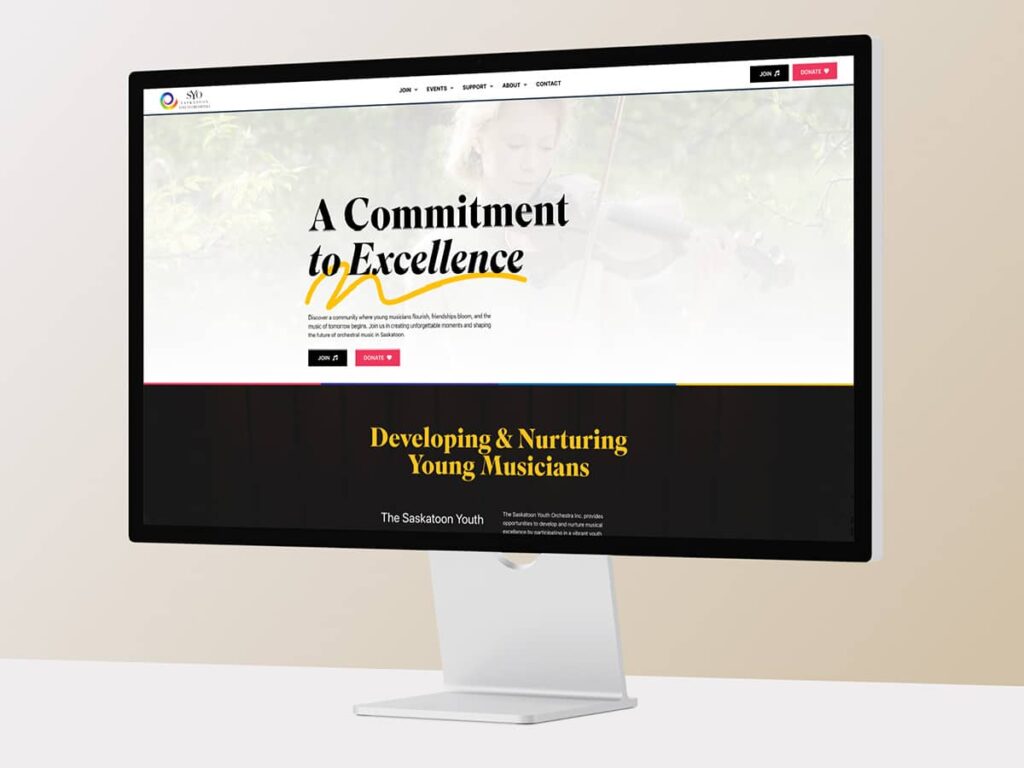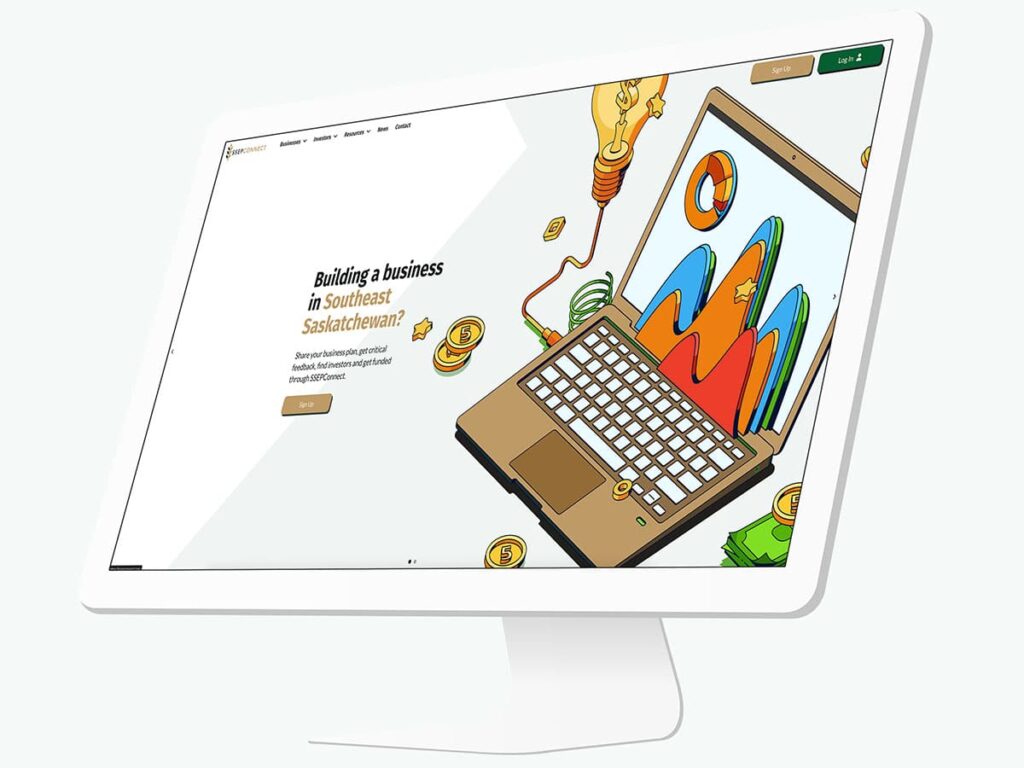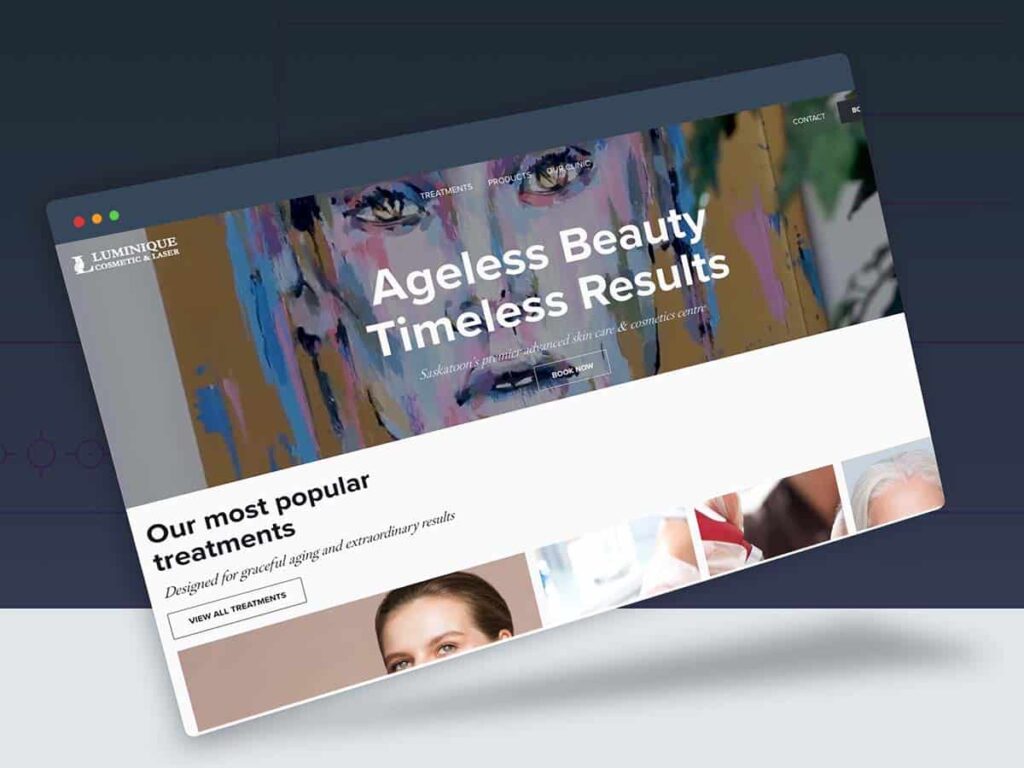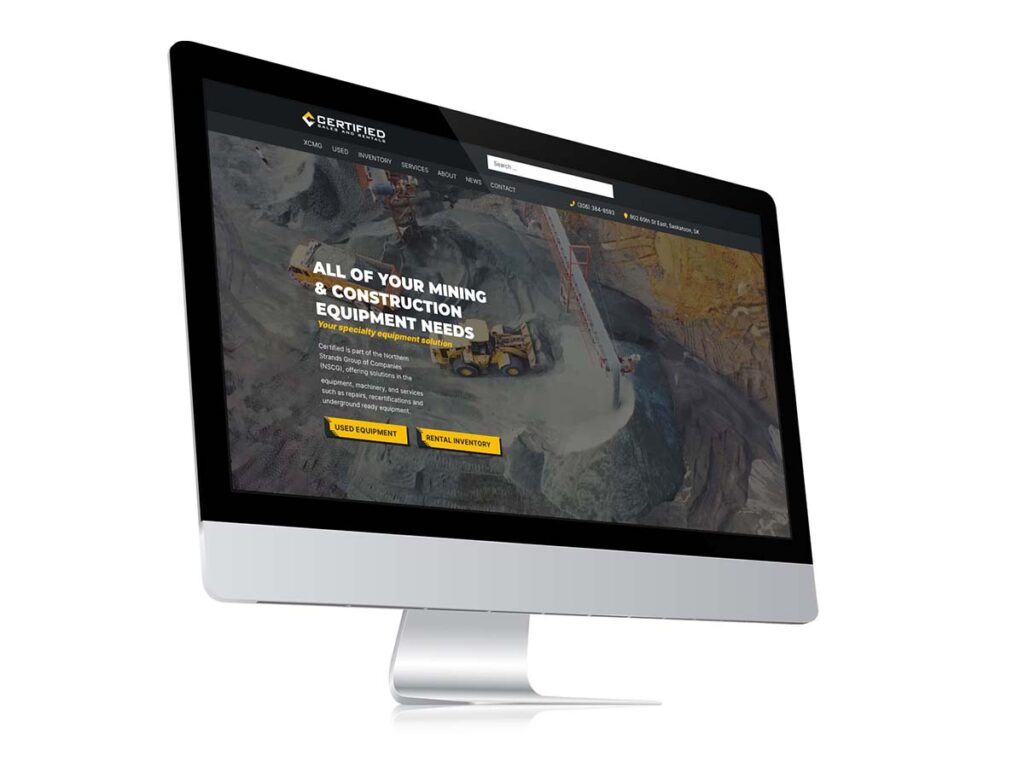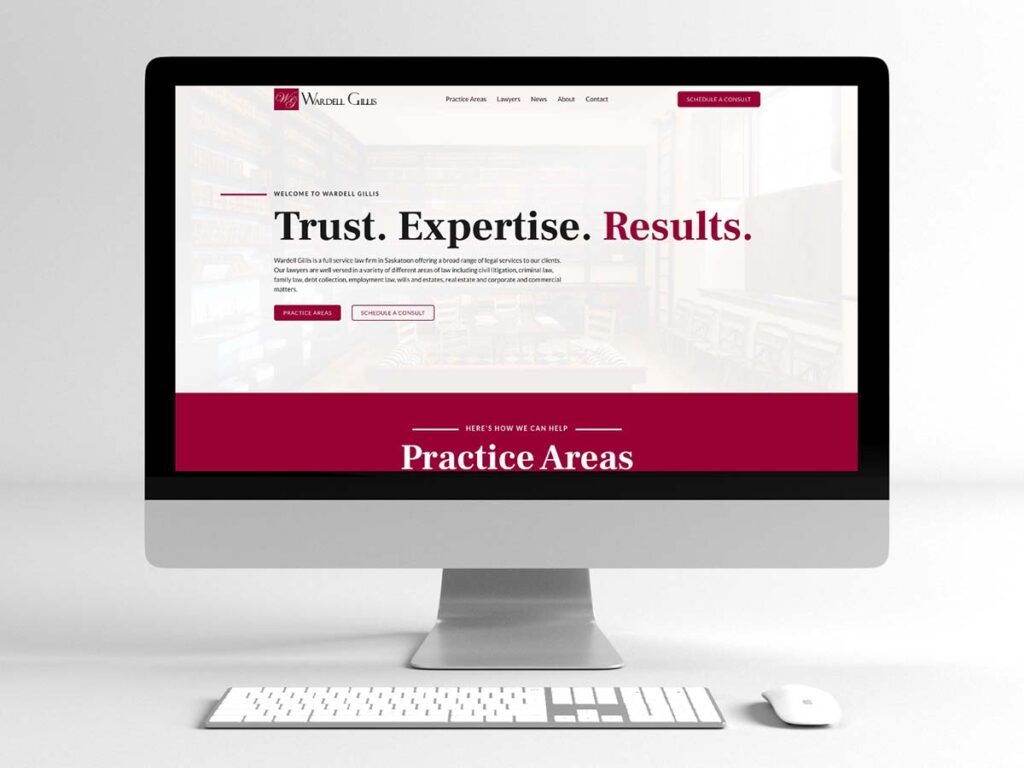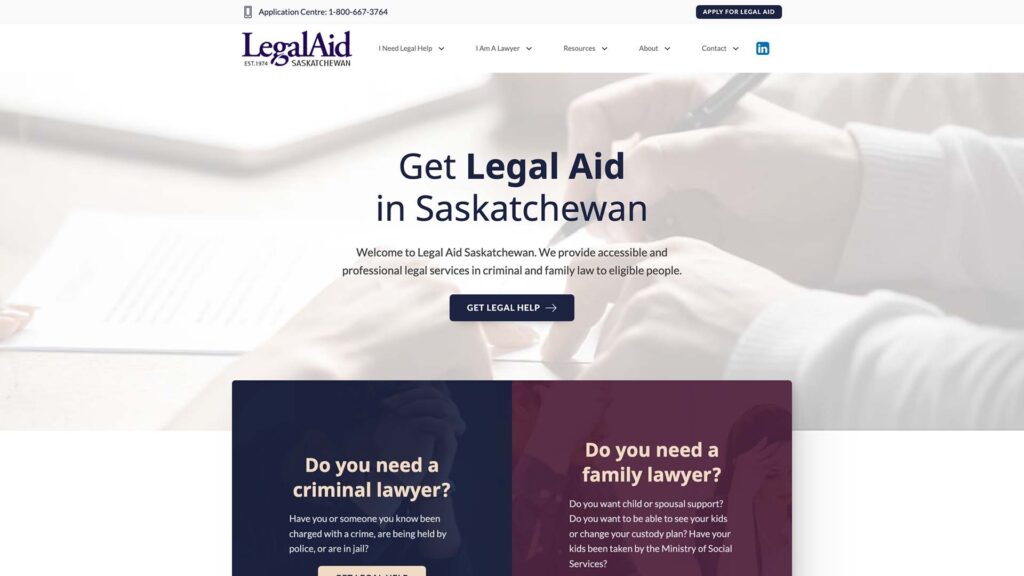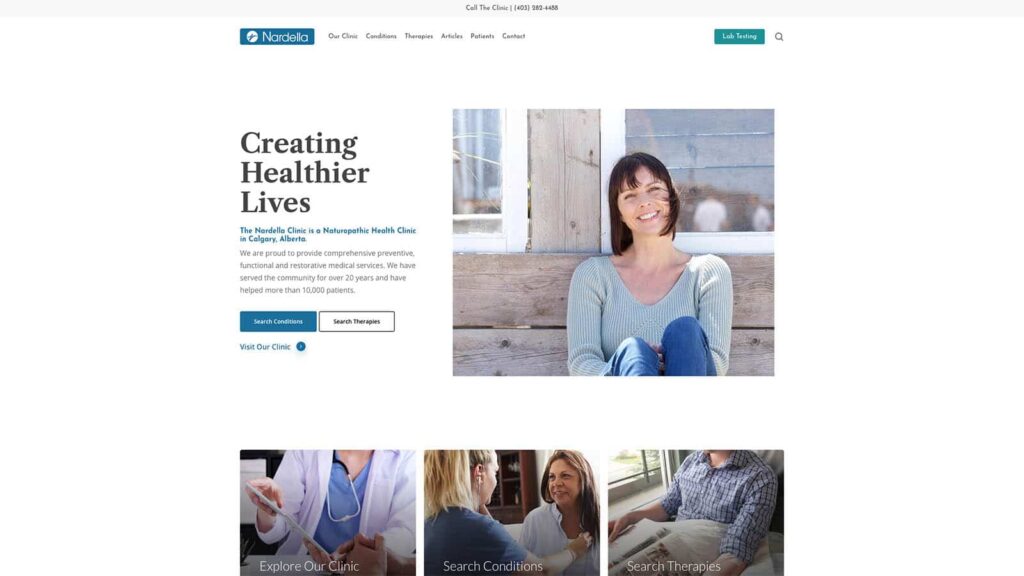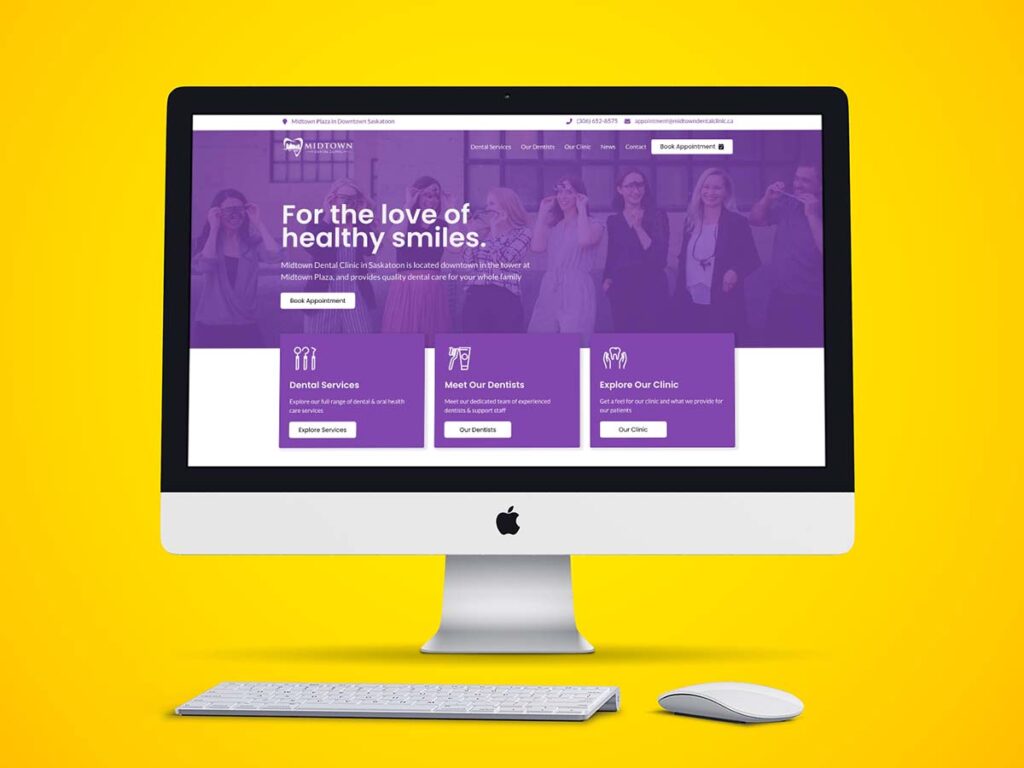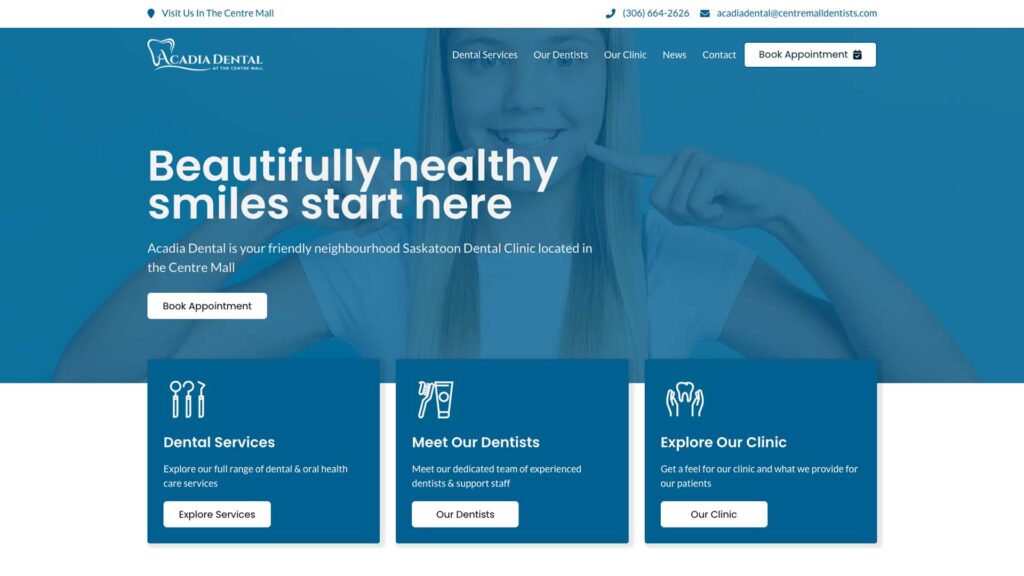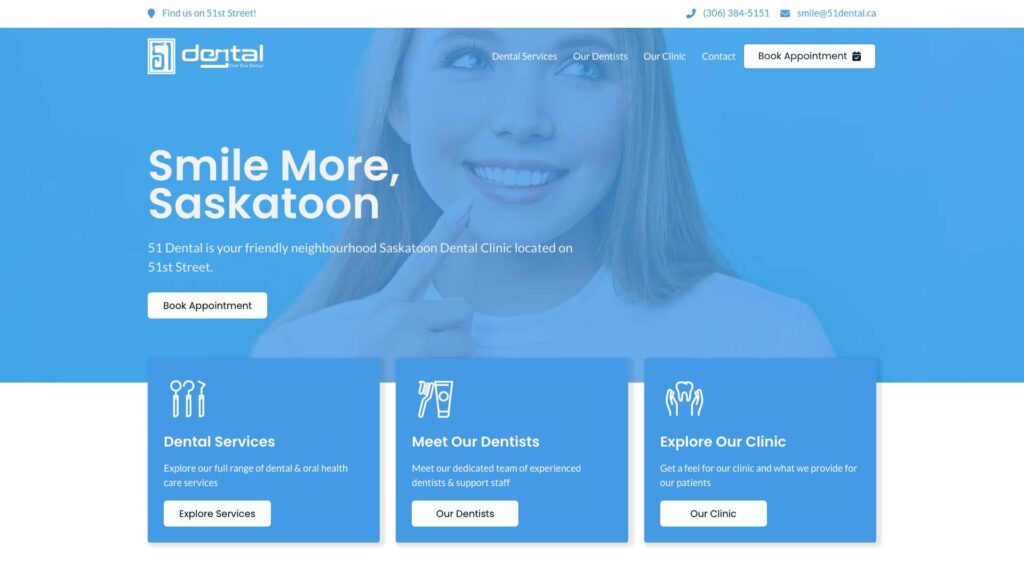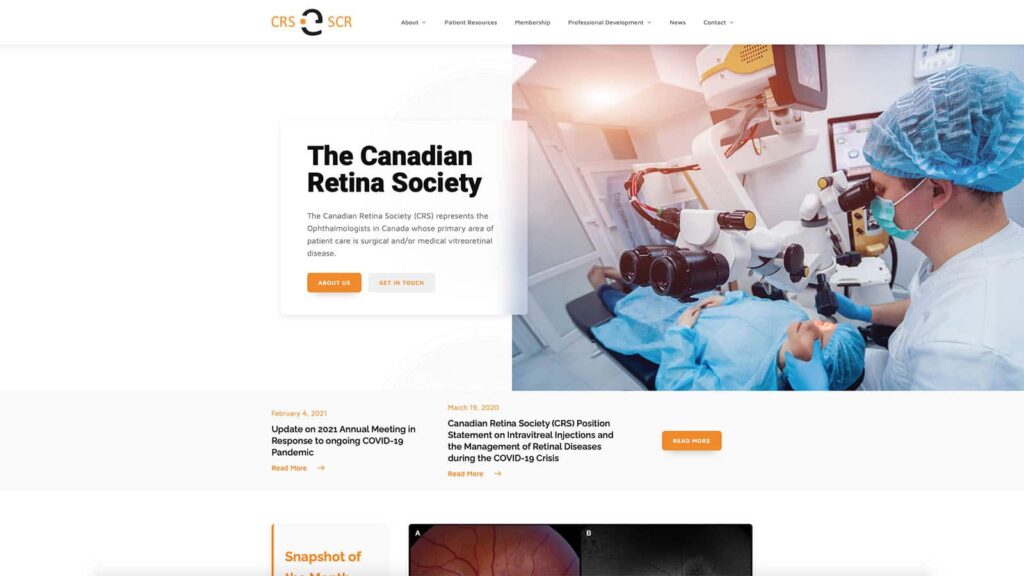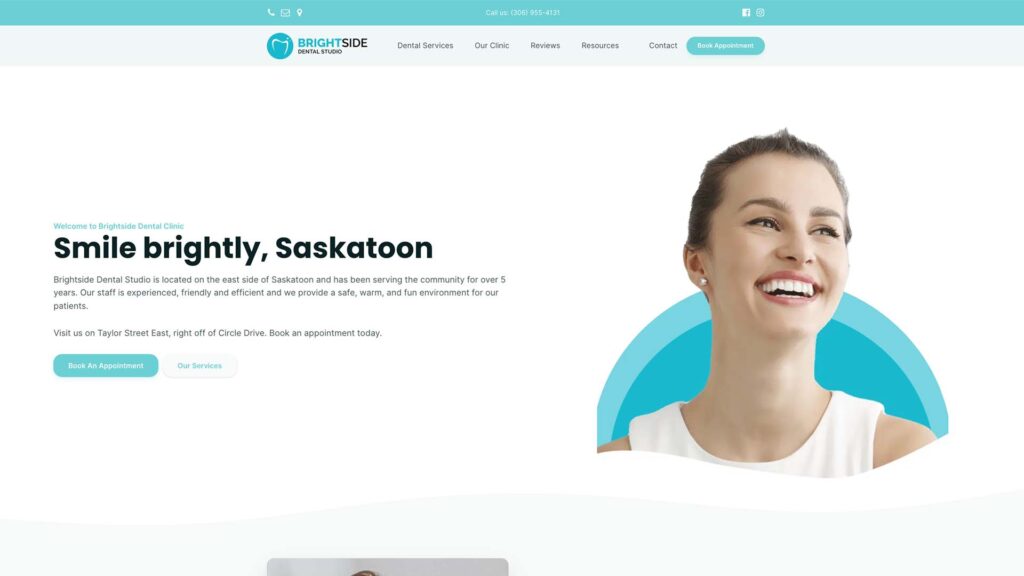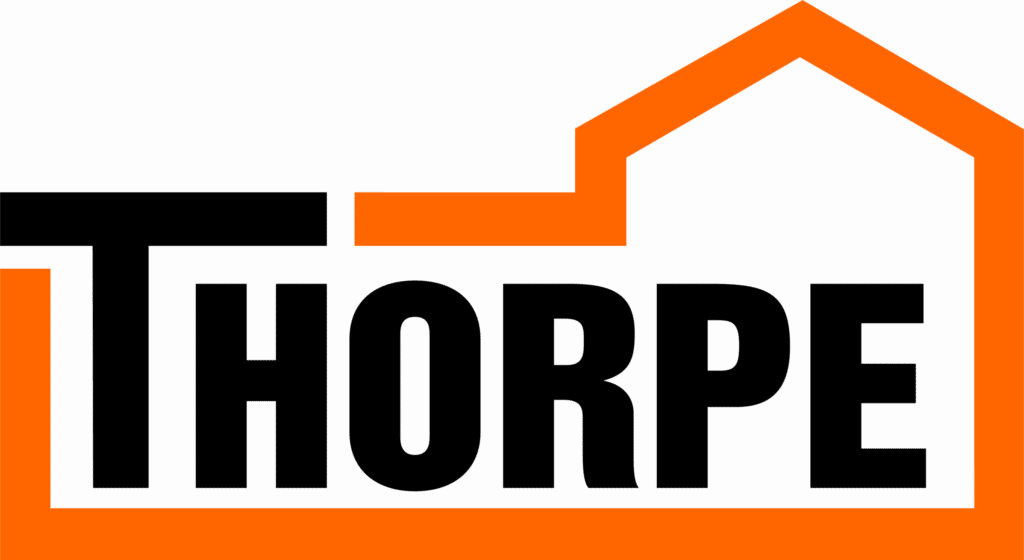For service-based businesses, your reputation is everything. It’s built on trust, professionalism, and reliability. In today’s digital world, that reputation is directly tied to the security of your website. While many business owners think of cybersecurity as a complex, technical issue, it’s really a fundamental business concern — a critical part of your service promise to clients. A security breach isn’t just a technical inconvenience; it’s a direct threat to the trust you’ve worked so hard to build. We’ve seen firsthand how a compromised site can erode confidence, from client data being exposed to a website being blacklisted by search engines. When we work on a project with a business like a law firm or dentist’s office, their website isn’t just a brochure, it’s a confidential space where client information is shared. Our approach to a WordPress Website Security Audit is proactive, designed to identify and close vulnerabilities before they can be exploited, ensuring that you’re always in a position of strength.
Our approach starts with the foundational elements of your website. We’ll examine your hosting environment — whether you’re with us or with another provider — to ensure it’s not a weak link in your security chain. We’ll then do a full core integrity verification of your WordPress installation, a bit like a detective checking for signs of a break-in. This goes far beyond what a standard security plugin can do. We’ll look for any unauthorized file changes that might signal a pre-existing compromise. Then we’ll turn our attention to your plugins and themes. We’ve seen many instances where a seemingly harmless plugin created a back door for attackers. We manually inspect and review high-risk extensions for things like abandoned code and known exploits. Our goal is to not only find issues, but to understand the root cause of the vulnerability so we can build a more resilient site. This comprehensive process gives you the peace of mind that comes from knowing your digital home is safe and secure.
Real-World Vulnerabilities and How We Solve Them
Putting Prevention Into Practice
In our line of work, we’ve seen nearly every kind of vulnerability imaginable. One of the most common issues we encounter is outdated core files or plugins. Many business owners simply don’t realize how critical it is to apply updates as soon as they’re released. A prime example is the work we did for a large commercial company, the SECON Group, and their various subsidiaries. Because we were managing their sites, we were able to ensure that all five of their websites — including their parent site and those for subsidiaries like CORE Industrial and Atoskewin Industrial — were kept up-to-date with security patches as soon as they became available. This kind of diligent, ongoing care is what keeps a digital presence virtually impregnable. For many clients, this level of management is an add-on service, a part of our Website Hosting, Care Plans, and Enhanced Ongoing Services package.
Another all-too-common problem is weak authentication. Many people use simple passwords or shared logins, which can be an open invitation for a brute-force attack. As part of our audit, we’ll enforce stronger authentication methods like two-factor authentication (2FA) and make sure user roles are properly configured with the “least-privilege” principle. This means that a user only has the permissions they absolutely need to do their job — no more, no less. These simple changes can make a world of difference. We also focus on server-level security. We’ll configure firewalls, security headers, and other server settings to protect your site from common attacks like SQL injection and cross-site scripting. Our goal is to create a multi-layered defence system, so that even if one layer fails, another is there to back it up. We do this work as a matter of course for all our clients, and it is a fundamental pillar of our approach to WordPress Website Security Audits. For us, every site we build, and every audit we perform, is a matter of professional pride. We take our clients’ security as seriously as they take their own business.
